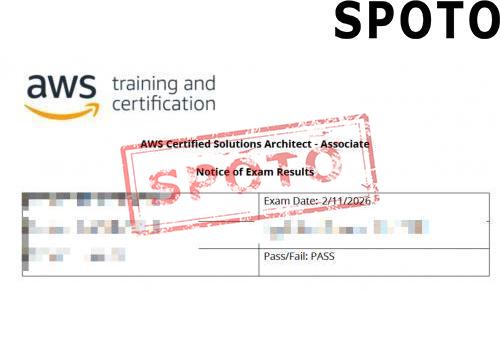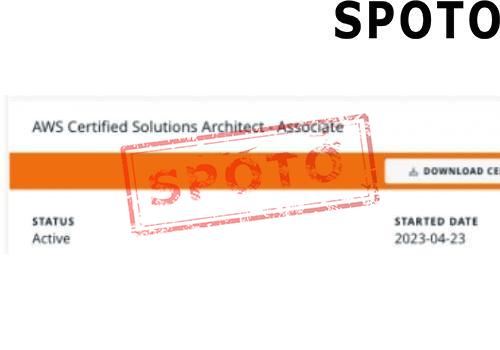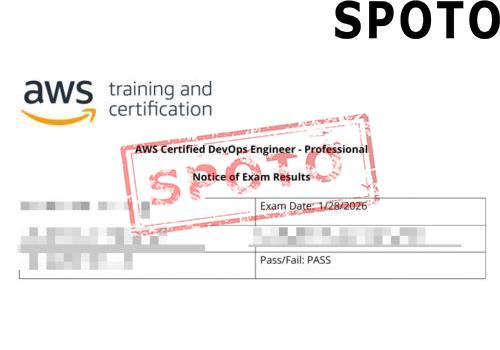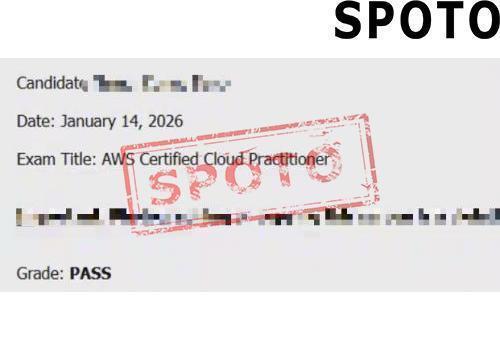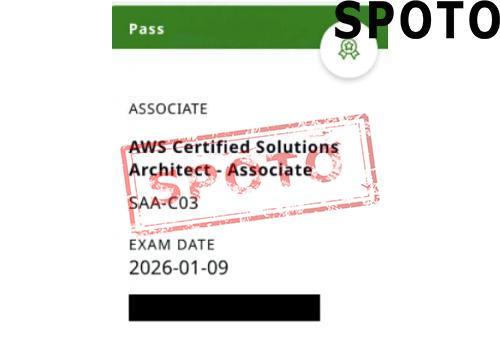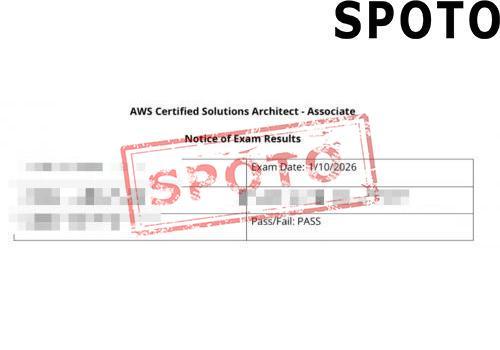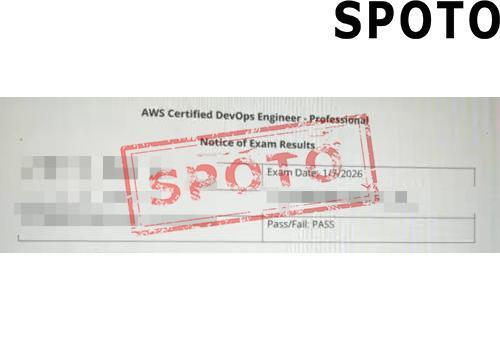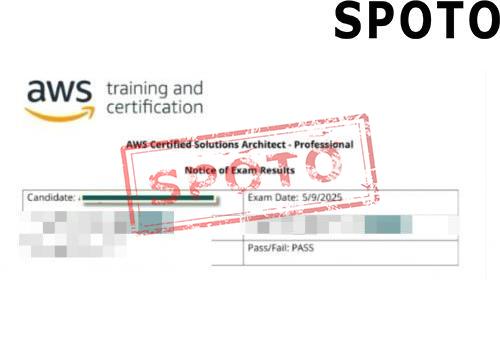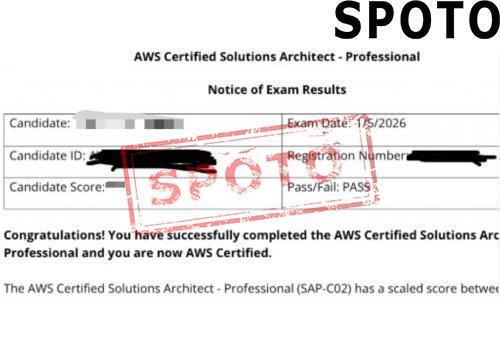
Table of Contents
1. Career Description
Have you ever wondered who makes sure that software updates and applications smoothly land in the hands of users? Meet the Software Deployment Engineer—the key player behind the scenes, orchestrating the successful rollout of software solutions.
These engineers bridge the gap between development and operations, ensuring that software runs seamlessly in real-world environments. If you enjoy solving complex problems, enjoy working with cutting-edge technologies, and thrive on making systems function flawlessly, this career might be your perfect fit.
2. The Details
Roles and Responsibilities
As a Software Deployment Engineer, your main task is managing the entire deployment lifecycle. This includes:
- Planning deployments with development teams, aligning timelines and strategies.
- Setting up environments by configuring servers and infrastructure for deployment.
- Version control management to maintain code repositories and ensure version consistency.
- Automating deployments through scripts and tools like Jenkins, Ansible, or Docker for efficiency.
- Testing and validation to guarantee the deployed software functions correctly.
- Monitoring and troubleshooting in real-time to swiftly resolve issues.
- Documenting procedures for future reference and process improvement.
Related Job Opportunities
- DevOps Engineer
- Cloud Systems Engineer
- Site Reliability Engineer (SRE)
- Automation Engineer
3. Why become a Software Deployment Engineer?
Market Scenario
The profession is experiencing exponential growth. As organizations rapidly innovate and release new software, skilled deployment engineers are vital for minimizing downtime and ensuring smooth rollouts. The rise of DevOps practices, containerization, and cloud computing (AWS, Azure) has expanded the scope—making deployment engineers more crucial than ever.
Salary Range
Entry-level salaries typically start around $50,000 to $80,000, but with experience and specialization, mid-career professionals earn between $80,000 and $120,000. Senior roles — such as Deployment Architects or DevOps Managers — can surpass $150,000, especially in high-demand industries. Factors such as geographical location, skills, and certifications influence earning potential profoundly.
Other Career Advantages
- Diverse work environments and projects keep the job interesting.
- Opportunities for advancement into senior roles or specialization areas like DevOps.
- Global impact — your work helps organizations deliver value worldwide.
- Flexibility — many companies offer remote or flexible work arrangements.
4. How to Start Your Journey?
Embarking on a career as a Software Deployment Engineer requires a combination of education, practical skills, and industry-recognized certifications. Here's a step-by-step guide to help you get started on this exciting path:
Get Certified
Certifications play a crucial role in validating your technical expertise and making you stand out in the job market. Two highly valuable certifications for aspiring deployment engineers are
AWS Certified DevOps Engineer – Professional: This certification demonstrates your proficiency in deploying, managing, and operating scalable, highly available systems on Amazon Web Services. It's essential for those looking to specialize in cloud deployments.
Microsoft Azure Administrator Associate: This credential validates your ability to implement, manage, and monitor an organization's Azure environment, a key skill in today's cloud-centric deployment landscape.
Gain Practical Experience
Theory alone isn't enough. Hands-on experience is vital for mastering deployment processes. Engage in internships, volunteer for IT projects, or leverage virtual labs to simulate real-world scenarios. Such practical exposure helps you troubleshoot, automate, and deploy applications confidently.
Build a Strong Educational Background
A bachelor's degree in Computer Science, Information Technology, or related fields provides a solid foundation of core concepts like networking, operating systems, and scripting. This academic background enhances your credibility and opens doors to more advanced roles as you gain experience.
Leverage Training Resources
Complement your learning with specialized training programs offered by reputable organizations like SPOTO. Their comprehensive courses are specifically designed to prepare you for certifications such as AWS Certified DevOps Engineer and Microsoft Azure Administrator Associate. With expert instruction, hands-on labs, and exam-focused content, SPOTO's training streamlines your learning process and boosts your chances of success.
Getting started might seem overwhelming, but with the right blend of certifications, practical experience, and continuous learning, you'll be well on your way to becoming a skilled Software Deployment Engineer. Take advantage of trusted educational resources, stay curious, and keep evolving your skills—your rewarding career awaits!
5. Conclusion
In an era where software powers nearly every aspect of daily life, the role of a Software Deployment Engineer is more critical than ever. This profession offers a compelling blend of technical challenges, career growth, and impact. Whether you're starting fresh or looking to upgrade your skills, now is the perfect time to dive into this rewarding career path.
Embark on your journey today and become an indispensable force in the software revolution. And remember — continuous learning and staying updated with industry trends are your keys to long-term success. Interested? You can get started with your application through SPOTO's courses here.

